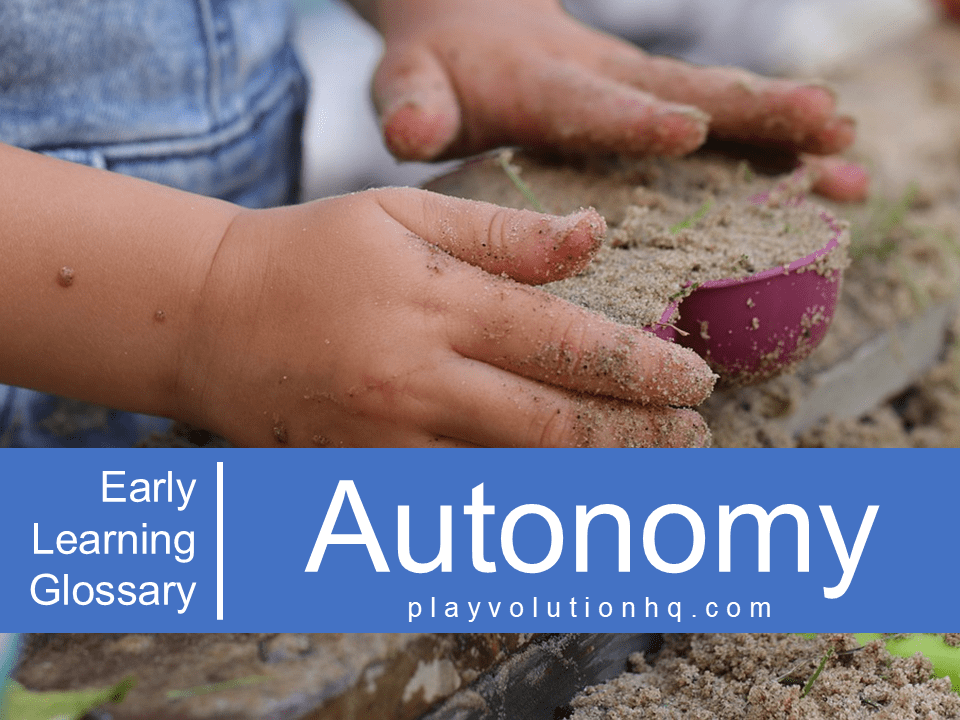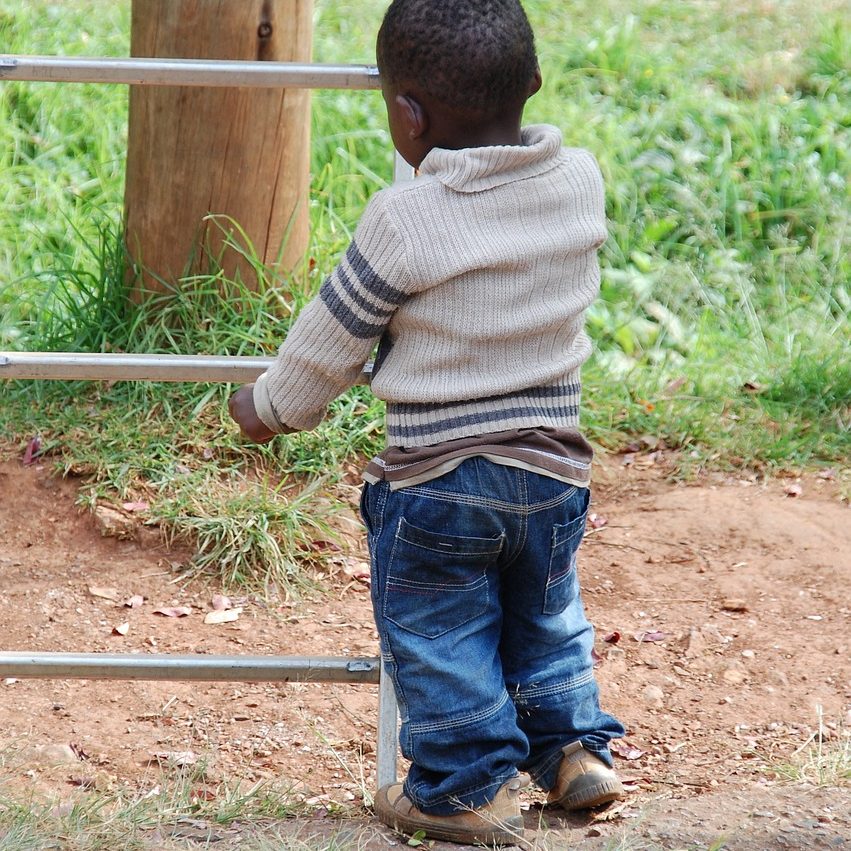
Table of Contents
Autonomy is the ability to make independent choices guided by personal motivations and desires. It is critical in healthy early learning environments, helping children develop self-confidence, decision-making skills, and a sense of ownership over their actions. When children freely choose, explore, and problem-solve independently, they cultivate essential life skills that support their overall development.
Differentiating Autonomy From Agency
Autonomy and agency are closely related but distinct concepts. Autonomy refers to the ability to self-govern through independent choices, while agency is the capacity to act freely on those choices to influence one’s environment. In early learning, fostering autonomy and agency means allowing children to make and act on decisions and supporting their understanding of how their choices impact the world around them.

The Role Of Play In Building Autonomy
Real play creates a natural setting for children to practice autonomy. During self-directed play, children make rules, solve problems, and pursue their interests, reinforcing their ability to act independently. Allowing large blocks of time for uninterrupted play helps children build critical thinking, self-confidence, and decision-making skills. Understanding and developing autonomy takes practice; play provides a rich practice environment.

Encouraging Autonomy In Early Learning
Play-based learning provides a rich environment for developing autonomy since the participants plan and organize everything, naturally taking charge of their learning experiences and exercising autonomy in various ways:
- Decision-Making—Children decide what role to play (Cat, Batman, Princess) in a pretend scenario or which materials ( Stapler, Glue, Hot GluebGun) to use in a creative project. These decisions are fundamental in building strong decision-making skills.
- Problem-Solving—Open-ended play situations present children with challenges (What should we use for gold and coins? Can we both pretend to be the Mom? How can we play with these cool sticks when Ms? Karen says we can’t play with sticks?) that require creative thinking and problem-solving, helping them develop autonomy by independently navigating obstacles.
- Self-Expression—Play allows children to express their thoughts, emotions, and ideas through art, storytelling, and dramatic play. This self-expression is essential in building confidence and autonomy. Some adults find it challenging to support play involving themes, thoughts, emotions, or ideas they find unbecoming; this is why  rough and tumble play, weapons play, superhero play, death play, and play with strong feelings are often taboo in early learning programs.
- Self-Regulation—As children play, they learn to manage their emotions (I hurt my knee when I jumped off the picnic table, but I’m Batman and Batman doesn’t cry.), control impulses (he took my favorite green shovel, and I want to punch him, but I’m not going to.), and resolve conflicts ( I’ll trade you the screen shovel for that blue one since I know green is your favorite.), developing autonomy by handling social interactions with growing independence.
- Intrinsic Motivation—Play inherently motivates children, driving their curiosity and love for learning. This internal drive is crucial to autonomy as children become self-directed learners.

Wrap-Up
Autonomy is about much more than letting children do whatever they want—it’s about fostering environments where they can make informed decisions, learn from their experiences, and live empowered lives. By supporting autonomy and agency, caregivers help children develop into confident, skilled, and self-assured individuals capable of navigating the challenges Life has in store for them.
Brought to you by Explorations Early Learning
Contribute content to Playvolution HQ
Thoughts On This Entry?
I’d love to hear your thoughts on improving this entry and suggestions for additional glossary additions in the comments below. You can also contact me with comments or concerns.

Post Author
Jeff Johnson is an early learning trainer, podcaster, and author who founded Explorations Early Learning, Playvolution HQ, and Play Haven.

Leave a Reply